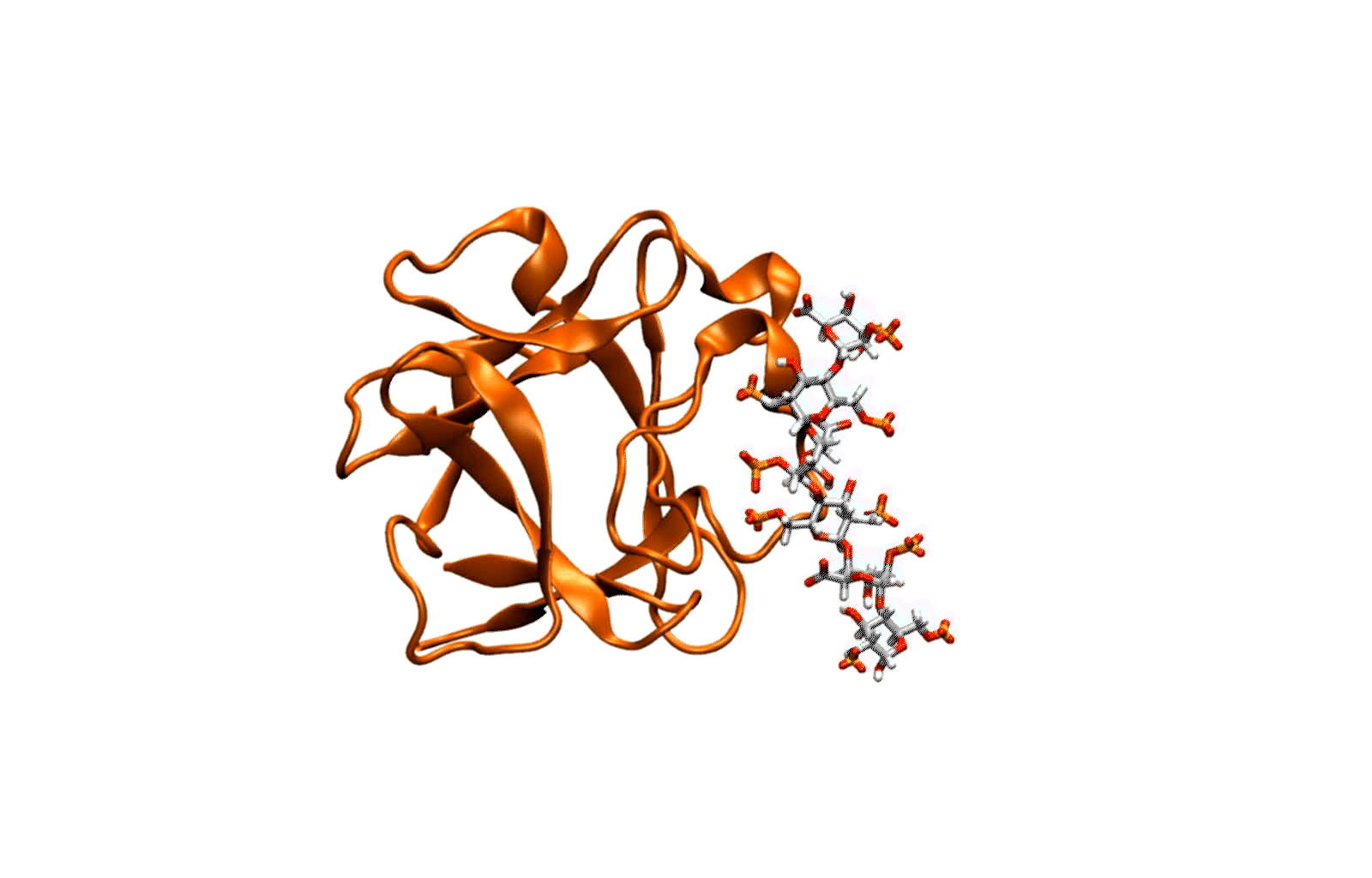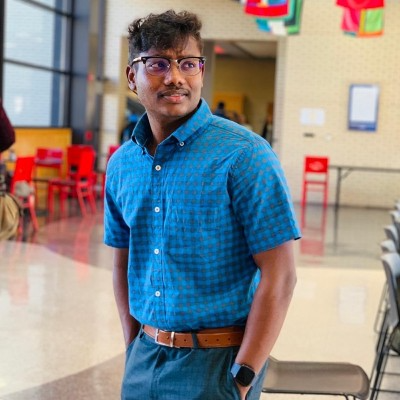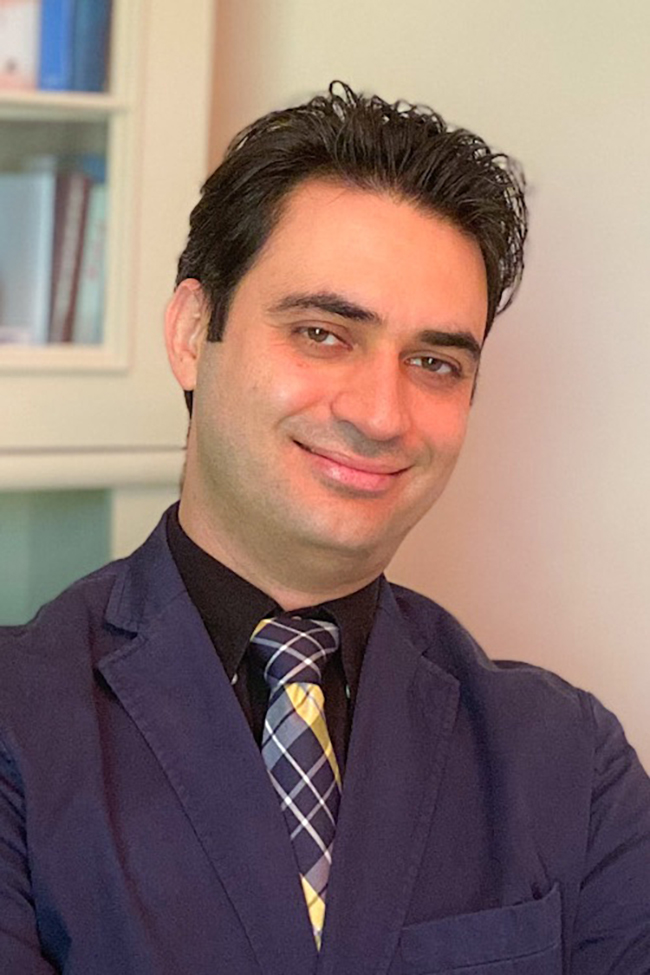|
NSF I-Corps Team
Dylan Ogden
Entrepreneurial Lead (EL)
Dylan Ogden is a doctoral student in Cell & Molecular Biology program at the University of Arkansas.
Before joining the PhD program in 2018, he received a B.Sc. degreein Biochemistry from the University of Arkansas.
Mr. Ogden has technical skills of working with various molecular modeling and visualization software packages and
molecular dynamics simulation engines as well as programming in Python, Awk, Perl, and Tcl languages.
His current research focus includes developing free energy calculation methods and applying those methods
to systems such as glucose transporters glucose transporters and
corona virus spike proteins.
Office: Virtual
Phone: 479-575-8497
Email: dsogden@email.uark.edu
|
|
|
|
|
|
|
|
|
|
|
|
Adithya Polasa
Co-Entrepreneurial Lead (Co-EL)
Adithya Polasa is a doctoral student in Cell & Molecular Biology program at the University of Arkansas.
Before joining the PhD program in 2018, he received a M.Sc. in Cancer Biology and a B.Sc. in Pharmacy.
Mr.Polasa has technical skills of working with various molecular modeling and visualization software
packages and molecular dynamics simulation engines as well as programming in Python, Awk, C++,
and Tcl languages. His current research focus includes developing free energy calculation methods
and applying those methods to systems such as membrane insertase and
influenza hemagglutinin.
Office: Virtual
Phone: 479-575-8497
Email: apolasa@email.uark.edu
|
|
Brian Umberson
I-Corps Mentor
Brian Umberson has 20+ years of senior leadership experience in startups and bringing
deep technologies to the marketplace. Brian has worked in Venture Capital start-ups for
most of his career by assisting in product development, launching novel technologies,
and commercialization. Venture Capital (VC) portfolios have provided him with extremely
rare and valuable experience introducing new technologies to North American Firms.
He has a unique blend of experience in Marketing, Sales, Advertising, and
Management; yet within a very unique mix of industry segments such as
start-up biotech, food processing, FSQR Software, blockchain, medical device
& diagnostics, consumer electronics,retail merchandising, construction,
commercial development, advertising, and automotive.
Office: Virtual
Phone: 870-273-8020
Email: brian.umberson1024@outlook.com
|
|
Mahmoud Moradi
Principal Investigator (PI)
Mahmoud Moradi is an Associate Professor in the Department of Chemistry and Biochemistry
at the University of Arkansas. After receiving his PhD degree in Physics at the
North Carolina State University, Dr. Moradi worked as a Postdoctoral Research Associate at
the Beckman Institute, University of Illinois at Urbana-Champaign. Dr. Moradi is an interdisciplinary
scientists with rigorous training in various disciplines including computational physics/biophysics, physical chemistry/biochemistry,
as well as structural/molecular biology and has conducted
research in diverse areas including theoretical and
methodological developments for biomolecular simulations as well as application of these methods to study
various proteins from fibroblast growth factor to influenza hemagglutinin and multidrug resistance transporters.
He has published 34 journal articles and
presented 37 talks at national or local conferences or universities.
He has three ongoing NSF and NIH projects as a Principal Investigator (PI) including an NSF CAREER award and is a co-PI on an ongoing DOE project.
Office: Virtual
Phone: 479-575-6459
Email: moradi@uark.edu
|
|
|
|
|
References
-
Shilpi Agrawal, Vivek Govind Kumar, Ravi Kumar Gundampati, Mahmoud Moradi & Thallapuranam Krishnaswamy Suresh Kumar,
Characterization of the structural forces governing the reversibility of the thermal unfolding of the human acidic fbroblast growth factor
Scientific Reports volume 11, Article number: 15579 (2021).
-
D. Ogden, M. Moradi,
Molecular Dynamics–Based Thermodynamic and Kinetic Characterization of Membrane Protein Conformational Transitions
Structure and Function of Membrane Proteins. Methods in Molecular Biology, pp 289-309.
-
K. Immadisetty and M. Moradi
Mechanistic Picture for Chemomechanical Coupling in a Bacterial Proton-Coupled Oligopeptide Transporter from Streptococcus Thermophilus
J. Phys. Chem. B 2021, 125, 34, 9738.
- K Immadisetty, J Hettige, and M Moradi,
What Can and Cannot Be Learned from Molecular Dynamics Simulations of Bacterial Proton-Coupled Oligopeptide Transporter GkPOT?
J. Phys. Chem. B, 121:3644-3656, 2017.
-
M Moradi, G Enkavi, and E Tajkhorshid,
Atomic-level characterization of transport cycle thermodynamics in the glycerol-3-phosphate:phosphate antiporter.
Nat. Commun., 6:8393, 2015.
-
M Moradi and E Tajkhorshid,
Computational recipe for efficient description of large-scale conformational changes in biomolecular systems.
J. Chem. Theory Comput., 10:2866, 2014.




